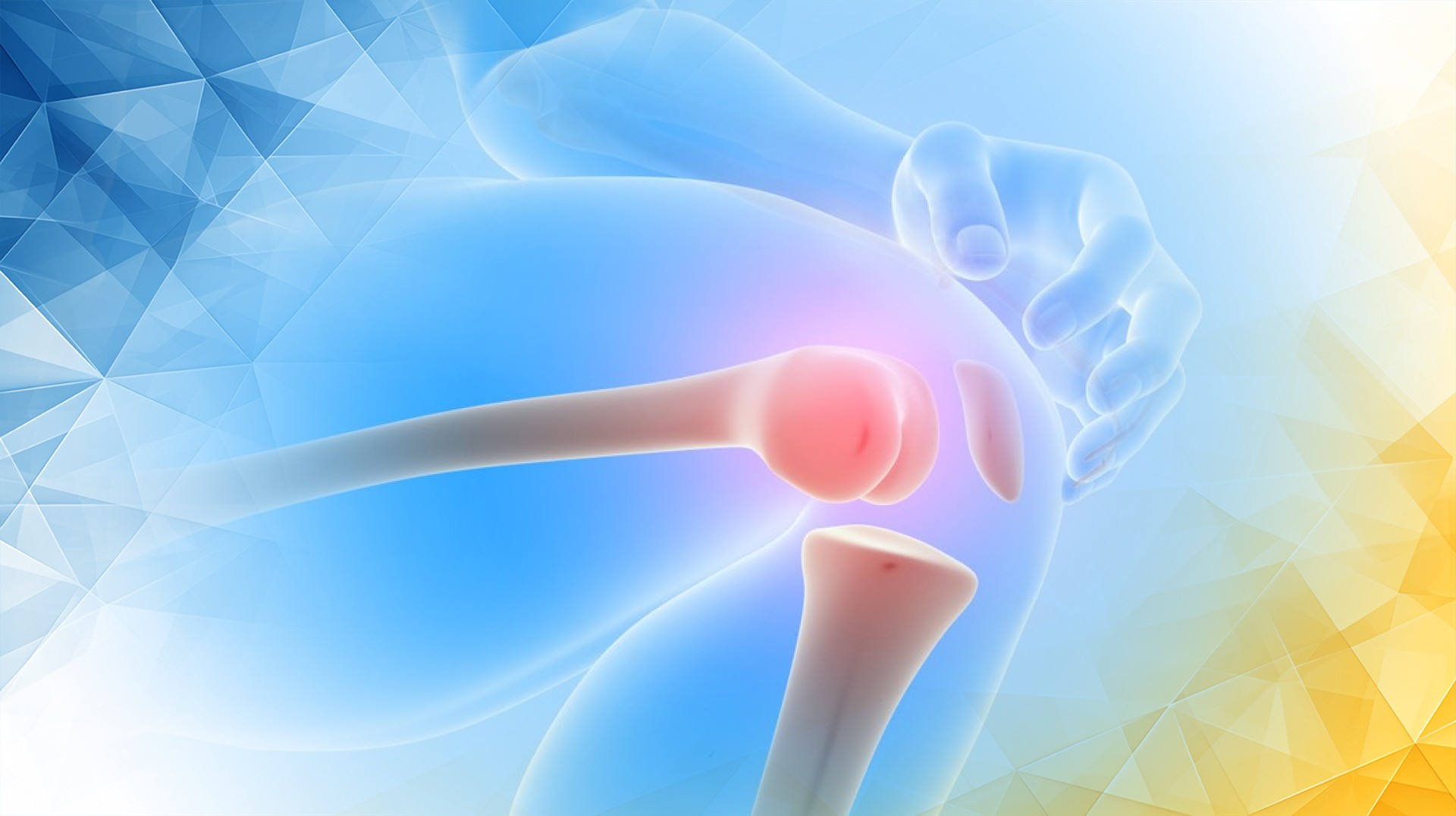



The quest for the most effective treatment for Anterior Cruciate Ligament (ACL) injuries has led to significant innovations in the field of orthopaedics. In the UK, the development of the STARR (Soft Tissue Augmented Regenerative Repair) technique marks a pivotal evolution in ACL repair, offering enhanced outcomes compared to traditional methods. London Cartilage Clinic is at the forefront of this advancement, providing a solution that integrates the latest in medical science with the practical needs of recovering patients.
STARR is an innovative approach to ACL repair that uses a specialised collagen scaffold augmented with growth factors to actively promote the healing and integration of ACL tissue. This technique not only supports the damaged ligament but also enhances the body’s natural regenerative processes, leading to faster recovery and improved functional outcomes.
The augmented scaffold reduces recovery time significantly, allowing athletes and active individuals to return to their activities sooner than with traditional surgery.
The use of growth factors accelerates the biological healing process, ensuring stronger and more resilient ligament repair.
By improving the structural integrity of the ACL, STARR decreases the likelihood of future injuries, which is a common concern with traditional ACL repairs.
The procedure is less invasive than traditional ACL reconstruction, which involves larger incisions and longer recovery periods.
Research and clinical trials conducted at London Cartilage Clinic have demonstrated superior outcomes with STARR compared to older techniques. Patients report not only faster recovery times but also higher satisfaction with the stability and functionality of their knees post-recovery.
STARR has shown higher success rates in terms of both recovery speed and long-term knee stability, as evidenced by our clinic’s follow-up studies.
While STARR is adaptable to most ACL injuries, the ideal candidates are those with complete tears who are active and looking for a rapid and robust recovery.
Like any surgical procedure, STARR carries risks such as infection, bleeding, or scaffold rejection, though these are rare due to the minimally invasive nature and biocompatibility of the materials used.
Yes, STARR is particularly effective for revision surgeries where traditional methods have failed, providing a new opportunity for healing and rehabilitation.
Postoperative care includes physiotherapy, gradual return to activity, and regular follow-ups to monitor the healing process. Personalised rehabilitation programmes are designed for each patient to ensure optimal recovery.
STARR represents a significant leap forward in ACL repair technology. With its innovative approach and proven results, it is setting new standards in ligament repair, particularly in the UK’s dynamic and demanding healthcare environment. At London Cartilage Clinic, we are proud to lead this change, offering our patients the latest and most effective solutions for ACL injuries.
All our treatments are selected to help patients achieve the best possible outcomes and return to the quality of life they deserve. Get in touch if you have any questions.
At London Cartilage Clinic, we are constantly staying up-to-date on the latest treatment options for knee injuries and ongoing knee health issues. As a result, our patients have access to the best equipment, techniques, and expertise in the field, whether it’s for cartilage repair, regeneration, or replacement.
For the best in patient care and cartilage knowledge, contact London Cartilage Clinic today.
At London Cartilage Clinic, our team has spent years gaining an in-depth understanding of human biology and the skills necessary to provide a wide range of cartilage treatments. It’s our mission to administer comprehensive care through innovative solutions targeted at key areas, including cartilage injuries. During an initial consultation, one of our medical professionals will establish which path forward is best for you.
Contact us if you have any questions about the various treatment methods on offer.
Legal & Medical Disclaimer
This article is written by an independent contributor and reflects their own views and experience, not necessarily those of londoncartilage.com. It is provided for general information and education only and does not constitute medical advice, diagnosis, or treatment.
Always seek personalised advice from a qualified healthcare professional before making decisions about your health. londoncartilage.com accepts no responsibility for errors, omissions, third-party content, or any loss, damage, or injury arising from reliance on this material. If you believe this article contains inaccurate or infringing content, please contact us at [email protected].